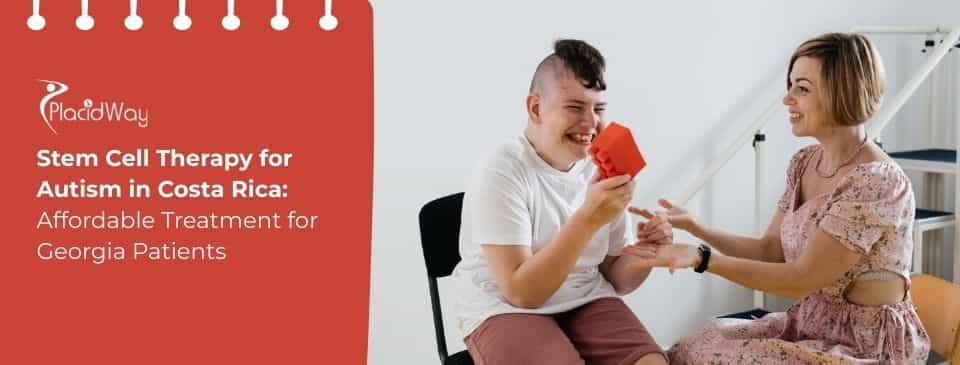
For families in Georgia navigating the complexities of Autism Spectrum Disorder (ASD), the search for effective treatments is a constant journey. While traditional therapies form the cornerstone of care, many are looking to the frontiers of medical science for new hope. Stem cell therapy has emerged as a significant area of research, and Costa Rica has become a leading international destination for this advanced, investigational treatment, offering a combination of high-quality care and affordability that is drawing attention from across the United States.
This guide provides a comprehensive overview for Georgia families considering stem cell therapy for autism in Costa Rica, covering the science, the process, the costs, and the critical factors to consider when exploring this promising, yet still developing, therapeutic option.
Key Takeaways
-
Significant Cost Savings: Families from Georgia can save 50-70% on the cost of stem cell therapy in Costa Rica compared to the limited and often more expensive options available in the United States.
-
Access to Advanced Therapy: Costa Rica provides access to treatments using mesenchymal stem cells (MSCs), which are not yet widely available for autism in the US due to FDA regulations.
-
Investigational Treatment: It is crucial to understand that stem cell therapy for autism is not a cure and is still considered an investigational treatment. While many studies and patient testimonials report improvements in core symptoms, results vary and are not guaranteed.
-
Cost Comparison:
-
Stem Cell Therapy for Autism in Costa Rica: Typically ranges from $7,500 to $15,000.
-
Stem Cell Therapy for Autism in the USA: Can range from $15,000 to $50,000+ where available in clinical trial settings.
-
Why Are Georgia Families Traveling to Costa Rica for Autism Treatment?
The primary drivers for traveling from Georgia to Costa Rica for stem cell therapy are the dramatic cost reduction, access to advanced regenerative medicine, and the high standard of care found in internationally accredited clinics.
For many families, the financial burden of ongoing autism care is immense. The prospect of a cutting-edge therapy often seems out of reach. Costa Rica bridges this gap, making advanced treatments more accessible.
The Financial Advantage
The most significant factor is the cost. The lower operational expenses and a favorable economic environment in Costa Rica allow clinics to offer complex medical procedures at a fraction of the US price. This isn't about cutting corners; it's about a different economic structure that makes high-quality healthcare more affordable. For a family from Atlanta or Savannah, the savings can cover the entire cost of travel and accommodation, with plenty left over.
Access to Mesenchymal Stem Cell (MSC) Therapy
In the United States, the FDA classifies most stem cell therapies as experimental, severely limiting their availability for conditions like autism outside of strict clinical trials. Costa Rica's regulatory framework is more progressive, allowing for the therapeutic use of adult stem cells, particularly MSCs from sources like donated umbilical cord tissue. This gives families access to treatments based on promising global research that they simply cannot get at home.
Quality of Care and Medical Expertise
The top regenerative medicine clinics in Costa Rica are built to serve an international clientele. They are often staffed by US-trained or board-certified physicians and adhere to stringent international standards for safety and quality. These facilities feature state-of-the-art laboratories and are committed to transparent, patient-centered care.
Understanding the Science: How Might Stem Cells Help with Autism?
Stem cell therapy for autism is based on the theory that mesenchymal stem cells (MSCs) can help modulate the immune system, reduce neural inflammation, and promote the repair of damaged brain tissue, potentially improving core ASD symptoms.
Research suggests that two key factors in autism may be immune system dysregulation and inflammation in the brain. MSCs are believed to address these issues through several mechanisms:
-
Anti-Inflammatory Effects: MSCs are known to secrete powerful anti-inflammatory agents that can help reduce chronic inflammation in the brain.
-
Immune Modulation: They can help regulate the body's immune response, correcting imbalances that may contribute to autistic symptoms.
-
Paracrine Signaling: Stem cells release growth factors and other signaling molecules that encourage the body's own cells to begin a repair process, a phenomenon known as the "paracrine effect."
-
Improved Blood Flow: Studies suggest MSCs can promote the formation of new blood vessels (angiogenesis), improving oxygen and nutrient supply to key areas of the brain.
It's this multi-faceted ability to create a healthier, less inflamed environment in the brain that researchers believe may lead to improvements in speech, social interaction, and cognitive function.
Did You Know? The mesenchymal stem cells used in Costa Rican clinics are typically sourced from the Wharton's jelly of donated umbilical cords. This source is considered ethically sound, and the cells are young, vibrant, and have a low risk of rejection by the patient's body.
The Stem Cell Therapy Procedure in Costa Rica: A Step-by-Step Guide
The treatment process is streamlined for international patients, typically involving a remote consultation, a stay of about one week in Costa Rica for the therapy, and a follow-up plan.
-
Initial Consultation (Remote): The process begins with a detailed review of the patient's medical records. You will consult with the clinic's medical team via video call to determine if your child is a suitable candidate.
-
Travel and On-Site Consultation: Upon arrival in San José, you will have an in-person consultation. The medical team will perform a physical exam and answer any final questions before treatment begins.
-
Stem Cell Administration: The therapy itself is minimally invasive. The stem cells are typically administered through a combination of:
-
Intravenous (IV) Infusion: A simple IV drip allows the cells to travel throughout the body, homing in on sites of inflammation.
-
Intrathecal Injection: This method, a lumbar puncture, delivers a concentrated dose of stem cells directly into the cerebrospinal fluid, allowing them to more easily reach the brain.
-
-
Monitoring and Recovery: The patient is monitored for a few hours post-procedure. The entire process is generally well-tolerated with minimal side effects. The total stay in Costa Rica is usually 5-7 days.
-
Follow-Up: Reputable clinics provide a detailed post-treatment care plan and will schedule follow-up calls to monitor the patient's progress over the subsequent months.
Safety, Efficacy, and Managing Expectations
While generally considered safe when performed in a reputable clinic, stem cell therapy for autism is an investigational treatment, and the level of improvement varies significantly among patients.
Safety: The use of umbilical cord-derived MSCs has a strong safety profile. Because these cells are immunoprivileged, the risk of rejection is very low. The most common side effects are temporary and mild, such as headache or low-grade fever following the injection.
Efficacy: This is the most critical area for families to understand. Numerous studies and patient reports have shown improvements in:
-
Social Interaction & Communication: Increased eye contact, more responsive communication.
-
Speech & Language: Improved vocabulary and sentence formation.
-
Behavior: Reduction in hyperactivity, aggression, and repetitive behaviors.
However, these results are not universal. Some children respond dramatically, others show modest gains, and some may not respond at all. It is vital for families to maintain realistic expectations and view this as a potential therapy to improve quality of life, not a guaranteed cure.
Expert Insight: "The key to a successful medical tourism journey, especially for an advanced therapy like this, is exhaustive research. Families should speak directly with the medical directors of clinics, ask for patient testimonials, and understand the specific treatment protocol being offered. Transparency is the hallmark of a trustworthy clinic."
Cost of Stem Cell Therapy: Costa Rica vs. USA
The cost of stem cell therapy for autism in Costa Rica is significantly lower compared to the USA, attracting families seeking advanced treatment options.
|
Feature |
Costa Rica |
Georgia, USA / United States |
|---|---|---|
|
Average Cost |
$7,500 - $15,000 |
$15,000 - $50,000+ (in trial settings) |
|
Treatment Availability |
Widely available in specialized clinics |
Very limited, mostly in clinical trials |
|
Included Services |
Often includes consultation, procedure, and post-treatment follow-up |
Varies by trial protocol |
|
Insurance Coverage |
Not covered |
Not covered (considered experimental) |
Frequently Asked Questions (FAQ)
Is stem cell therapy a cure for autism?
No. Stem cell therapy is an investigational treatment that may help improve the core symptoms of autism in some individuals. It is not a cure, and results are not guaranteed.
How long does it take to see results?
Initial improvements can sometimes be seen within a few weeks, but most significant changes are typically observed over the course of 3 to 12 months as the cells work to repair and regenerate tissue.
Are the stem cells used in Costa Rica ethical?
Yes. The leading clinics use mesenchymal stem cells derived from donated umbilical cords after healthy, full-term births. This is an ethically non-controversial source.
What are the risks or side effects?
The procedure is generally safe. The most common side effects are mild and temporary, such as headache, fatigue, or a low-grade fever after the injection. The risk of serious adverse events is low when performed by an experienced team in a sterile environment.
How do I choose a good clinic in Costa Rica?
Look for clinics that are internationally accredited, have licensed physicians with extensive experience in regenerative medicine, provide clear and transparent treatment protocols, and can share anonymized patient data or testimonials.
Do I need to speak Spanish?
No. Clinics that cater to international patients have English-speaking doctors, patient coordinators, and staff to assist you throughout your journey.
Your Journey to Hope with PlacidWay
Making the decision to travel for medical care is a significant step, filled with both hope and questions. At PlacidWay, we specialize in connecting patients from Georgia and across the globe with a network of pre-vetted, high-quality medical providers in Costa Rica. We can help you navigate your options, understand the process, and get a personalized, no-obligation quote from a leading stem cell therapy clinic. Your journey towards exploring new possibilities for your child starts here.

.jpg)


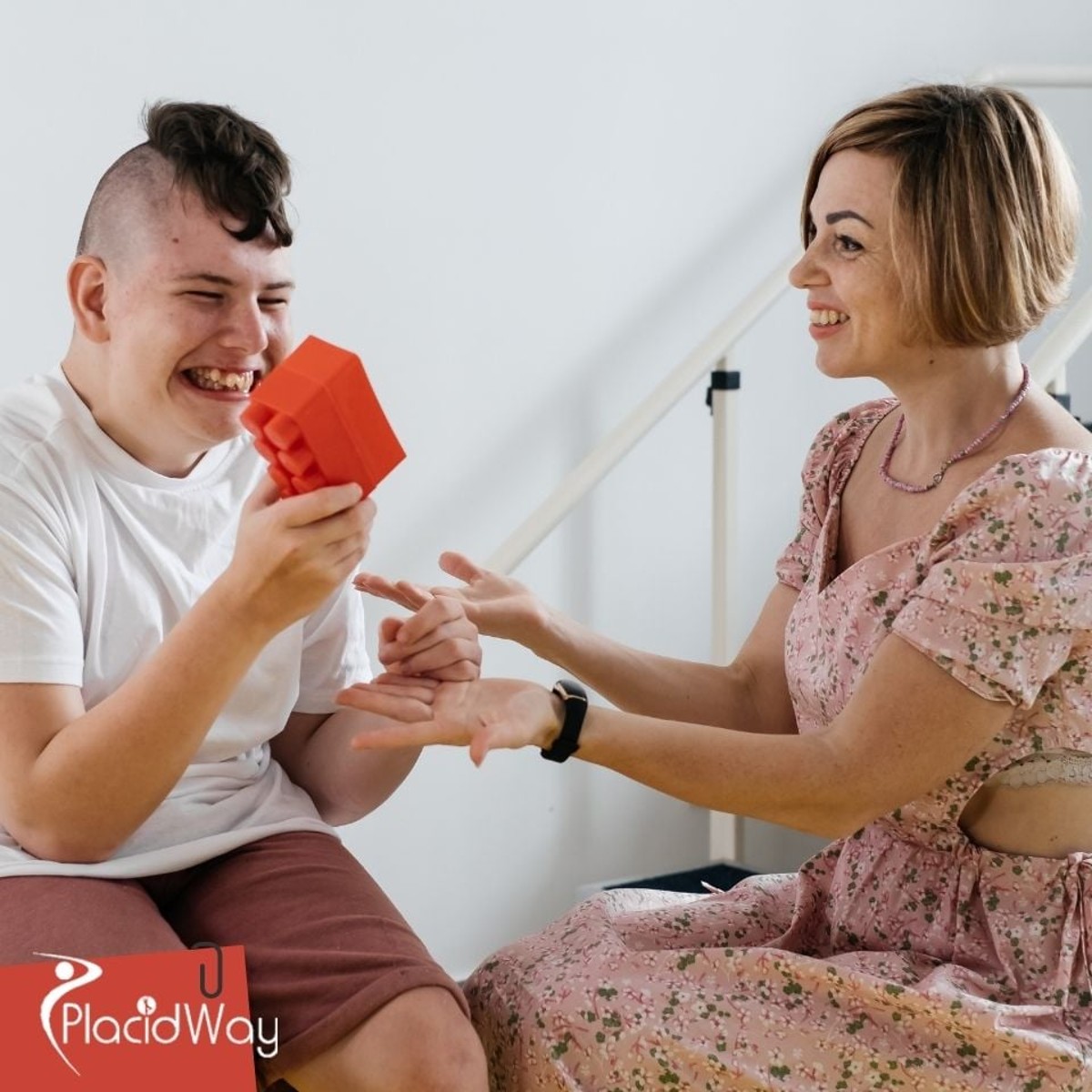

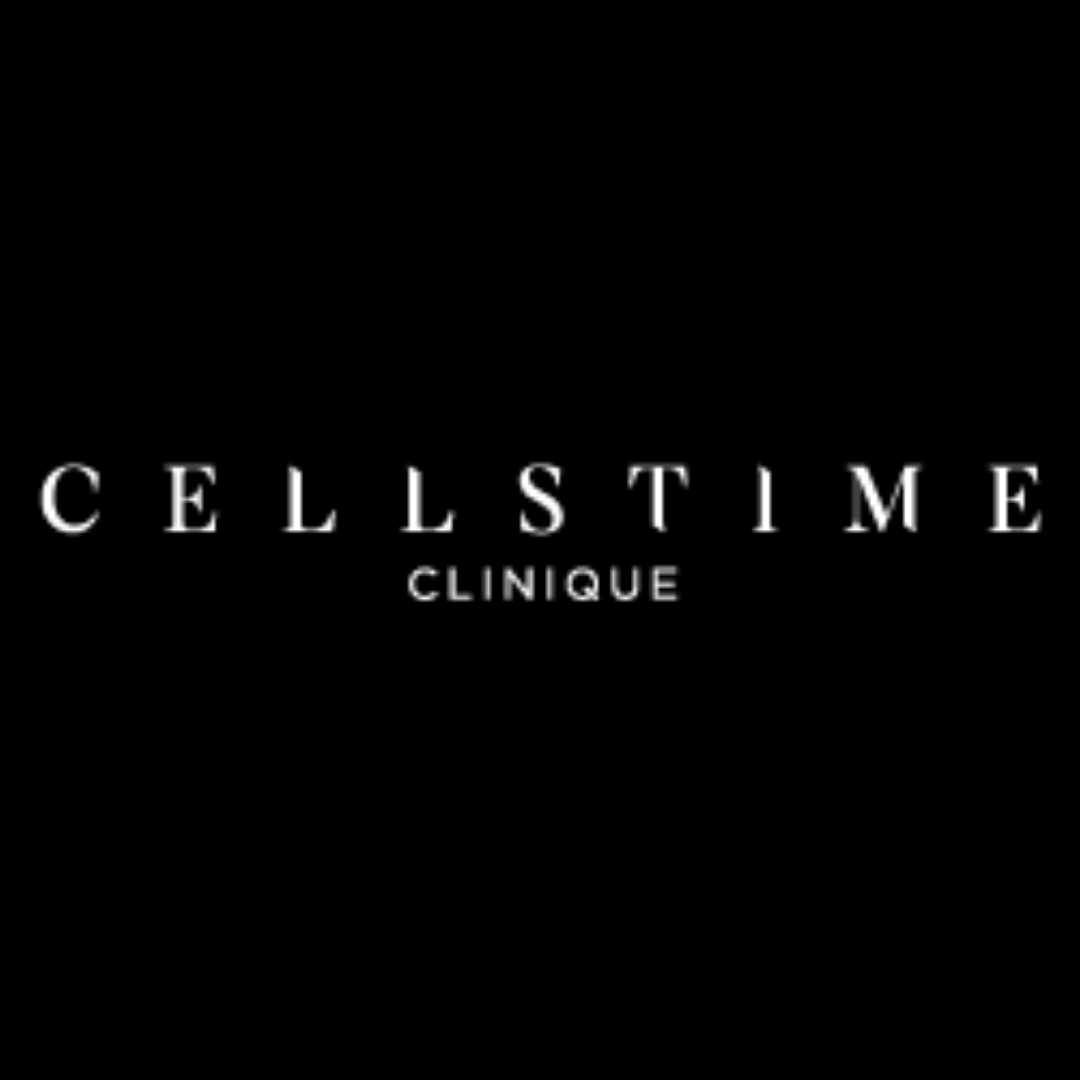
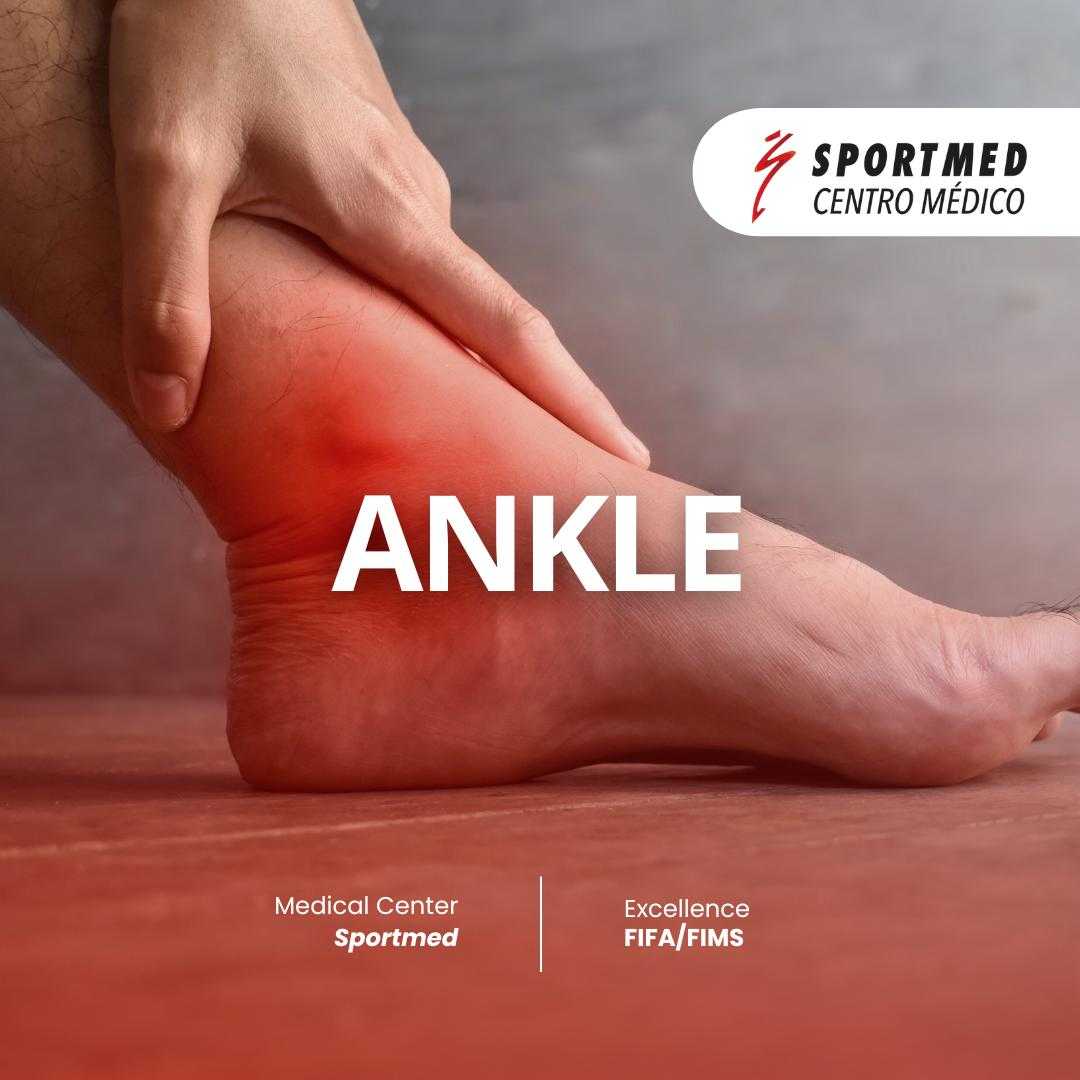
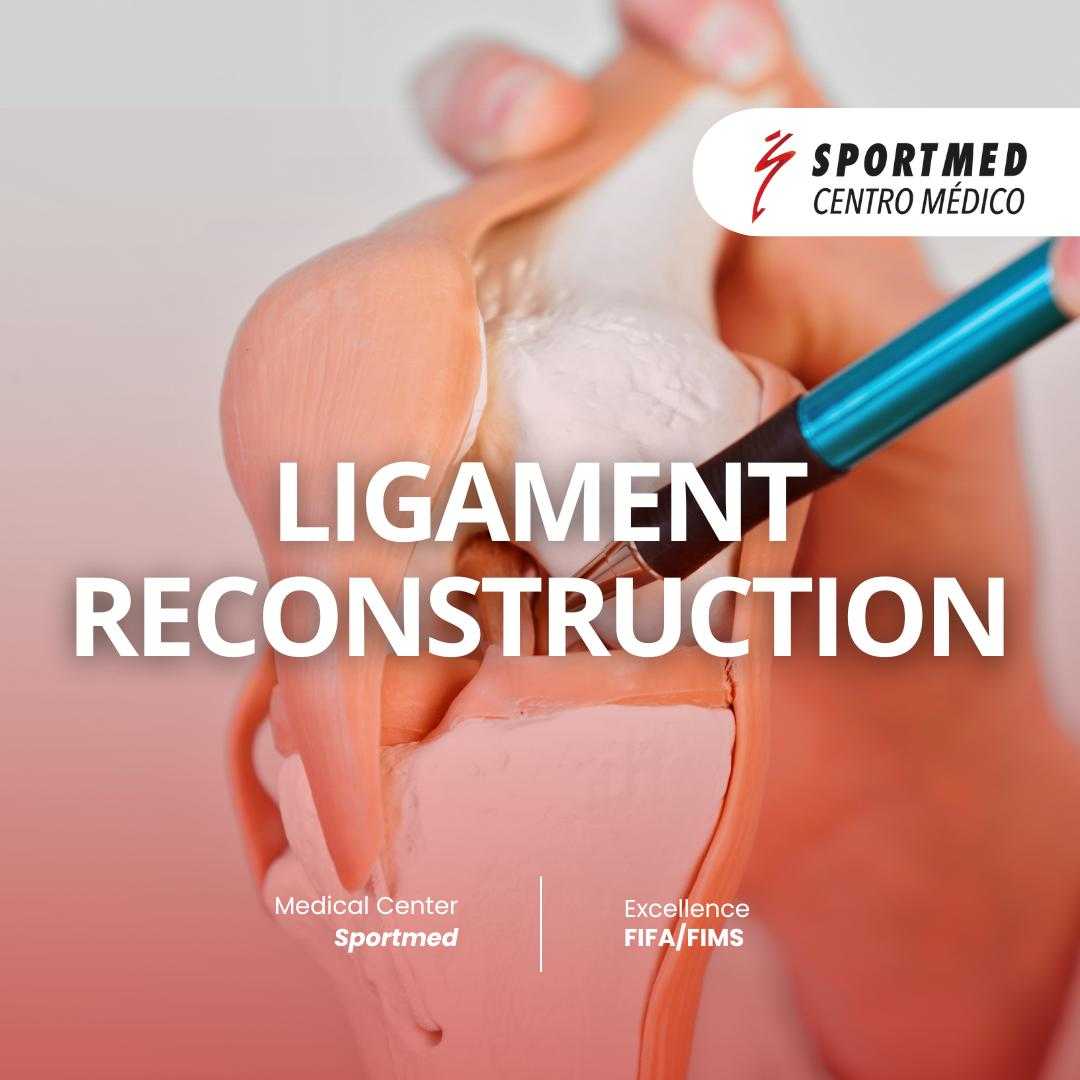

.png)


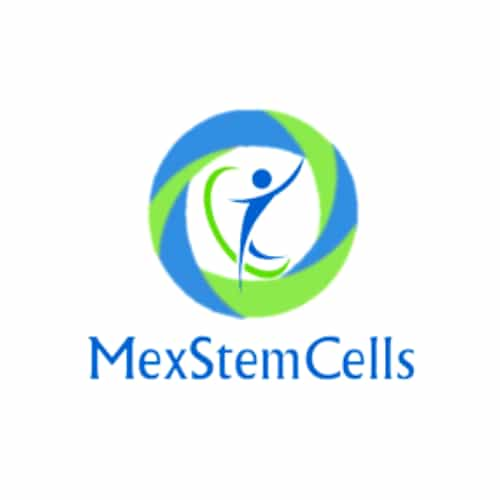
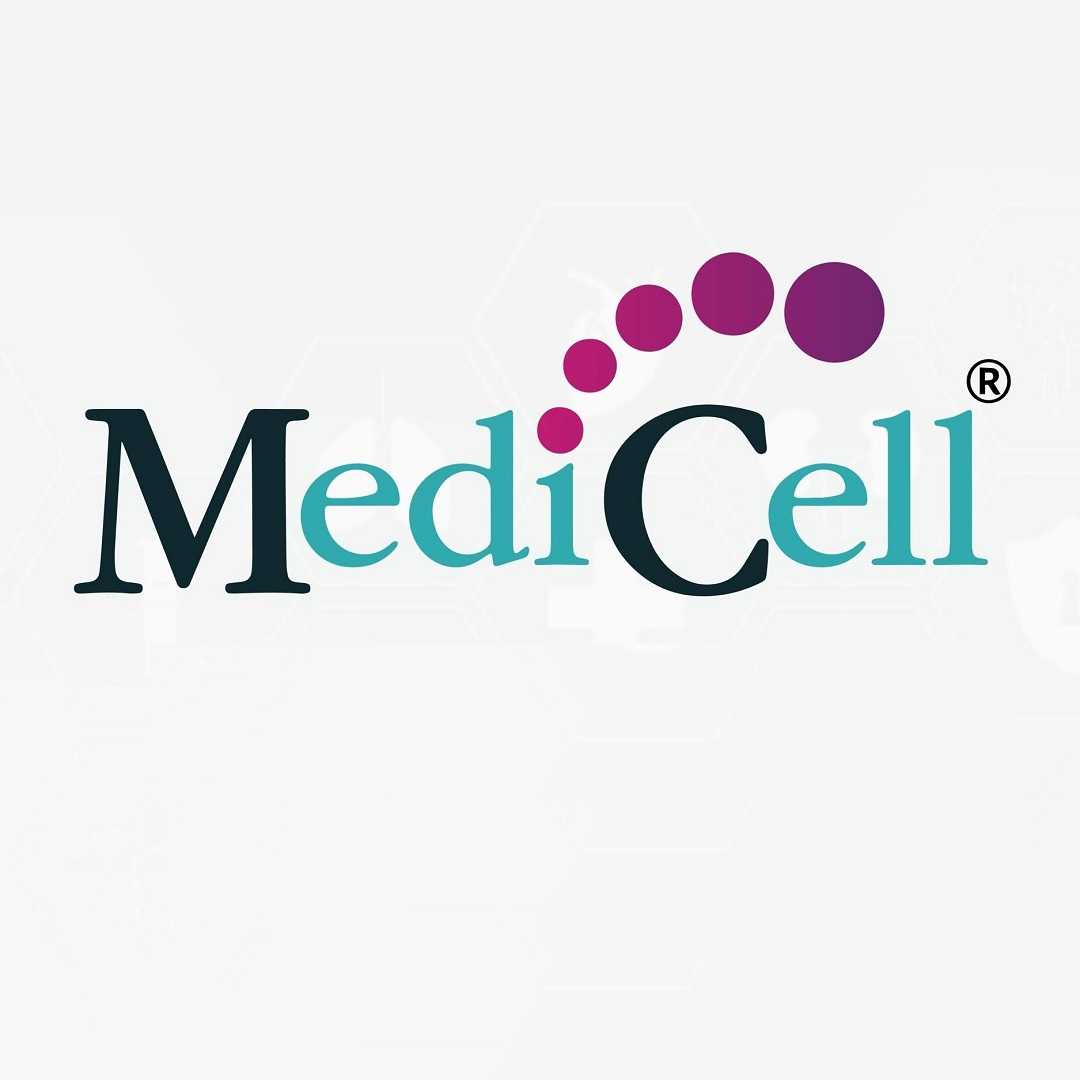
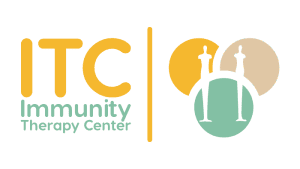
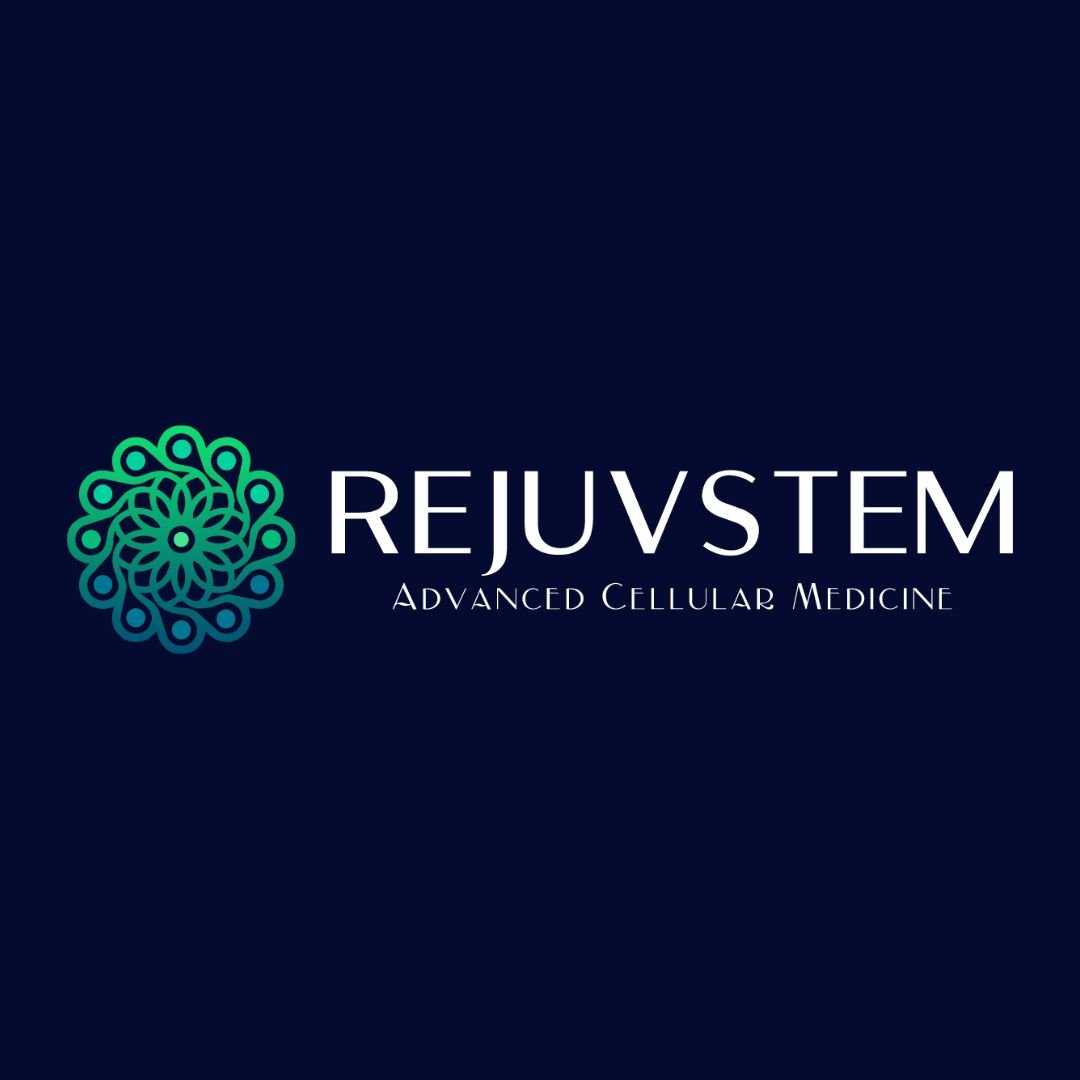
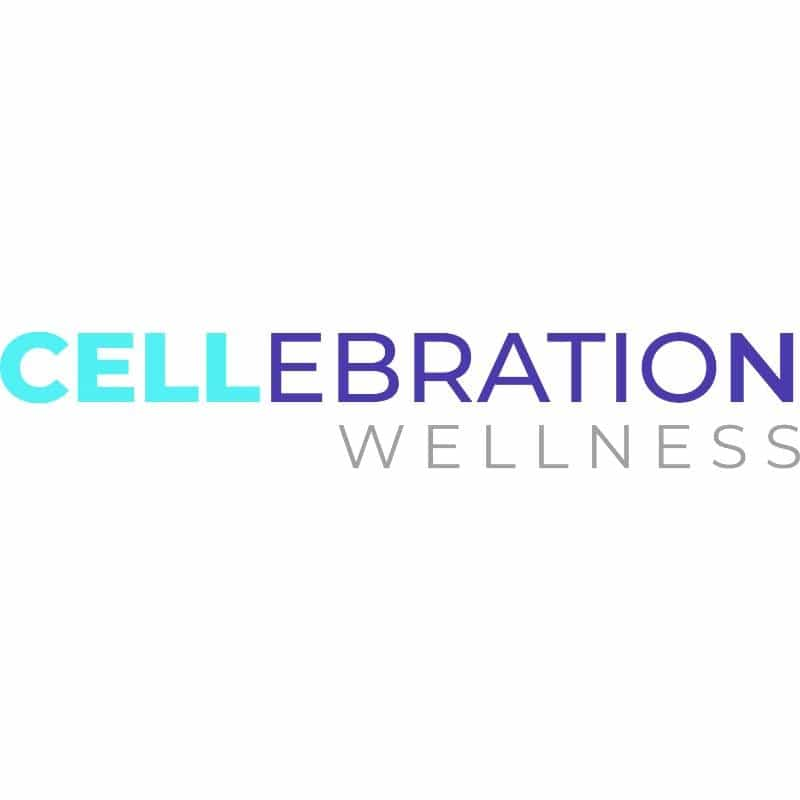

Share this listing